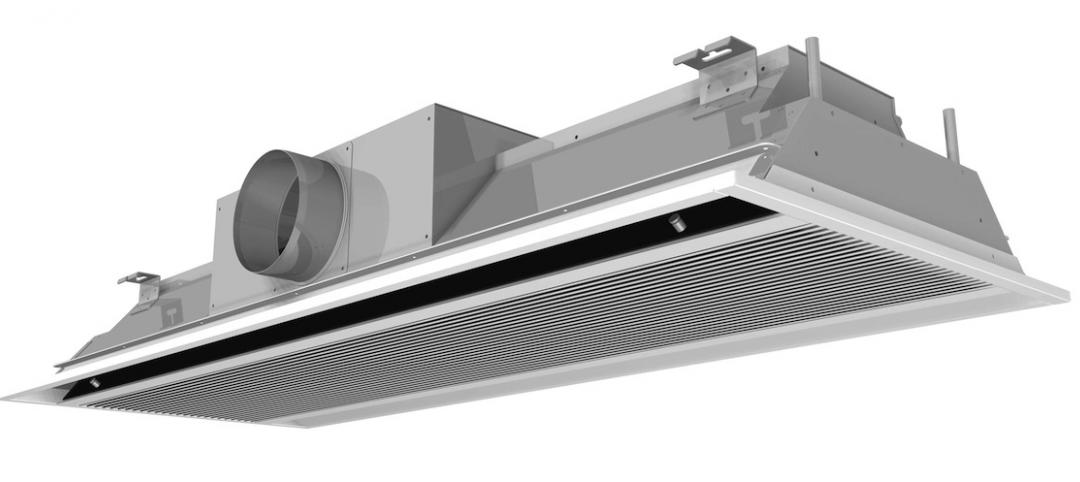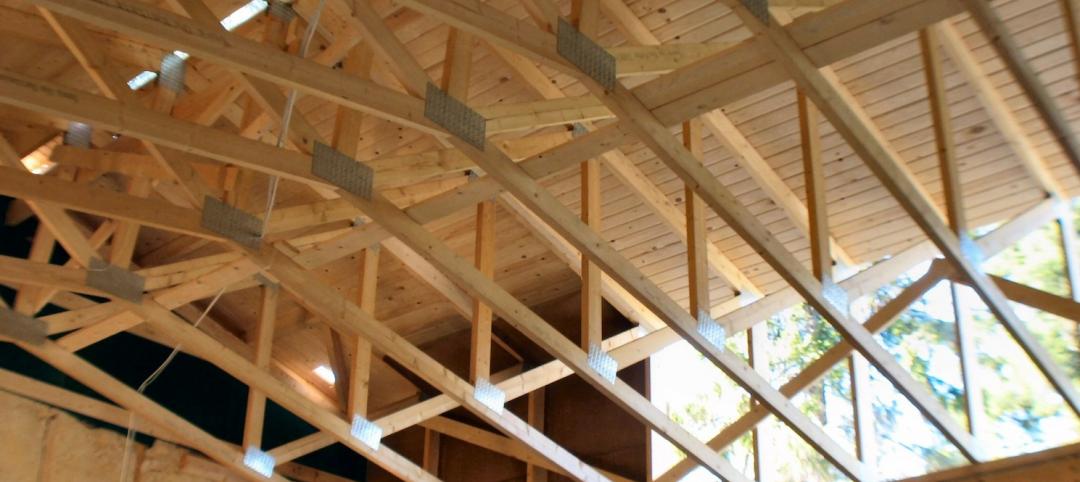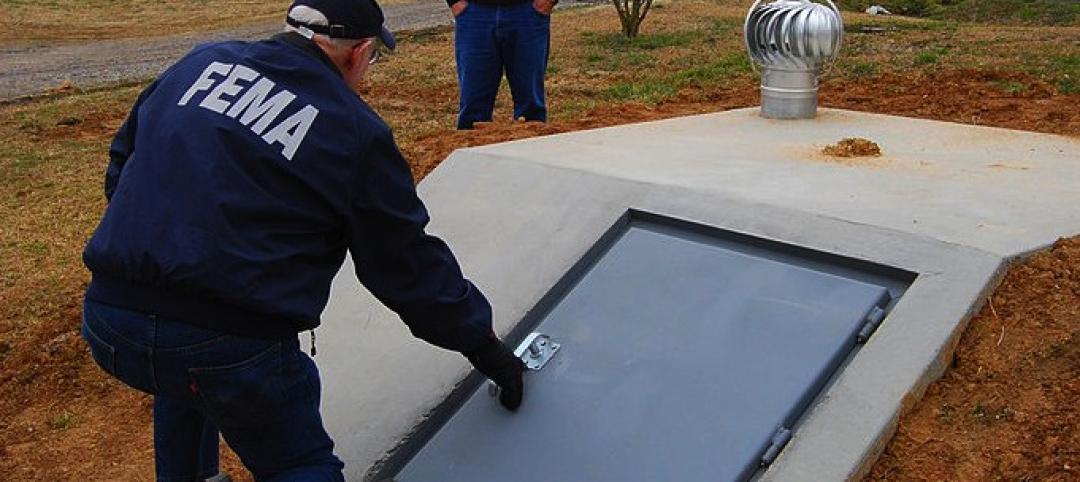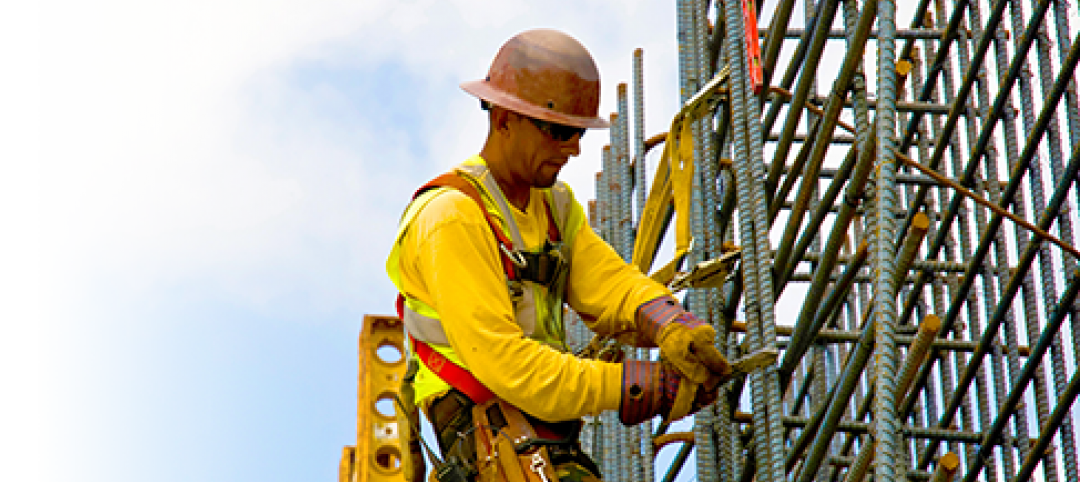The U.S. Dept. of Energy has awarded a total of $32 million for more than 30 next-generation building retrofit projects that will dramatically improve affordable housing technologies, according to a DOE news release.
Seven organizations will use the money to test renovation techniques that reduce disruption to tenants while upgrading the energy and environmental performance of buildings more quickly, affordably, and effectively, the release says. The techniques, such as prefabricating walls and drop-in replacements for heating, cooling, and hot water systems, can “revolutionize construction and renovation.”
They can also help decarbonize America’s 130 million buildings at the rate needed to address the climate crisis and meet President Biden’s goals of a net zero carbon economy by 2050, the release says. The projects are intended to drive the development of new technologies, practices, and approaches, and ensure these efficient and low-carbon innovations are widely deployed.
The awards will be used to implement numerous materials including prefabricated, super-insulated wall retrofit panel blocks, a wall system with vacuum insulated panels, a heat pump pod, a solar photovoltaic-integrated multi-functional heat pump system for space and water heating, and software tools to properly size and install retrofit packages. The selected organizations will also advance DOE’s Advanced Building Construction Collaborative, which connects companies working in prefabricated, modular, and other industrialized construction techniques with building owners, developers, financiers, utilities, and researchers to modernize the construction industry and buildings sector.
Related Stories
HVAC | Feb 6, 2015
ASHRAE, REHVA publish guide to chilled beam systems
The guide provides tools and advice for designing, commissioning, and operating chilled-beam systems.
Codes and Standards | Feb 2, 2015
AGC working with EPA on website to help with environmental rule compliance
The goal is for the site to be improved to make it easier for construction contractors to learn how to comply with federal and state environmental guidelines.
| Feb 2, 2015
New York law requires informing firefighters of wood truss construction
New York enacted a law that could make firefighting a bit safer by mandating property owners inform government and first-responders when they build or rehabilitate a building using "truss-type" pre-engineered wood or timber.
| Jan 14, 2015
Ontario code changes boost accessibility for people with disabilities
The new amended Ontario building code includes several provisions that improve accessibility for those with disabilities.
| Jan 14, 2015
American Concrete Institute releases Spanish edition of structural concrete code
New York City last year adopted the National Institute of Standards and Technology (NIST) recommendation to require additional exit stairways in high-rise buildings.
| Jan 14, 2015
Terrorism Risk Insurance Act renewed
President Barack Obama signed the Terrorism Risk Insurance Act law on Jan. 12.
| Jan 9, 2015
Academy of Art in San Francisco under fire for code violations
The fast-growing Academy of Art is under intense scrutiny by the City of San Francisco for code violations.
| Jan 9, 2015
New law mandates storm shelters in Illinois schools
An Illinois law took effect on Jan. 1 that requires all new and remodeled schools to have storm shelters.
| Jan 9, 2015
New OSHA regulations on reporting workplace deaths, hospitalizations take effect
As of Jan. 1, all employers under the jurisdiction of OSHA are required to report all work-related fatalities within eight hours and all in-patient hospitalizations, amputations, and losses of an eye within 24 hours.
| Jan 9, 2015
Zoning policy makes Bethesda, Md., a model walkable suburb
In sharp contrast to most suburban communities in the Washington, D.C. area, Bethesda, Md., stands out as a fine exemplar of the new urbanism ethos.













